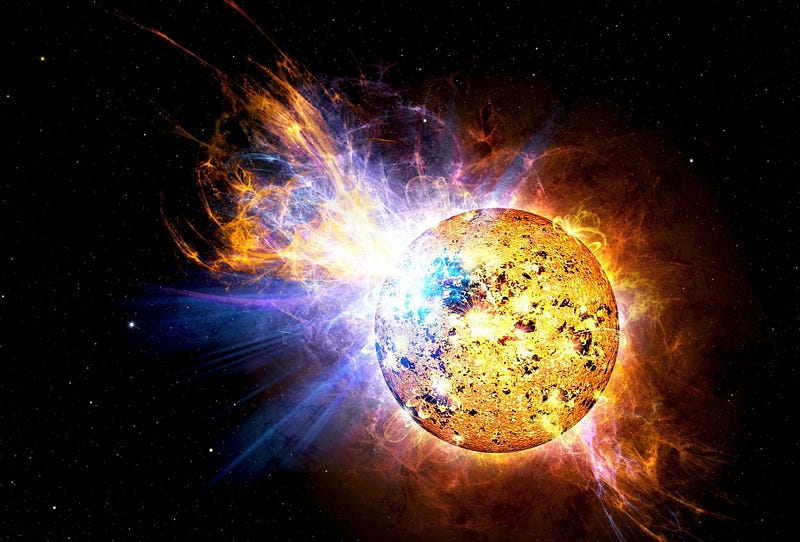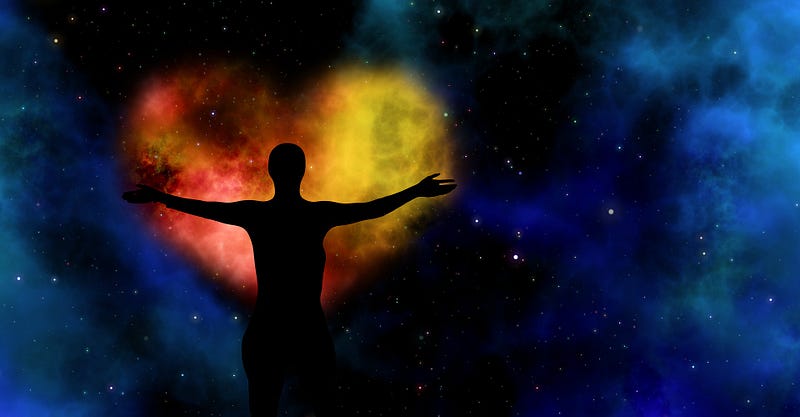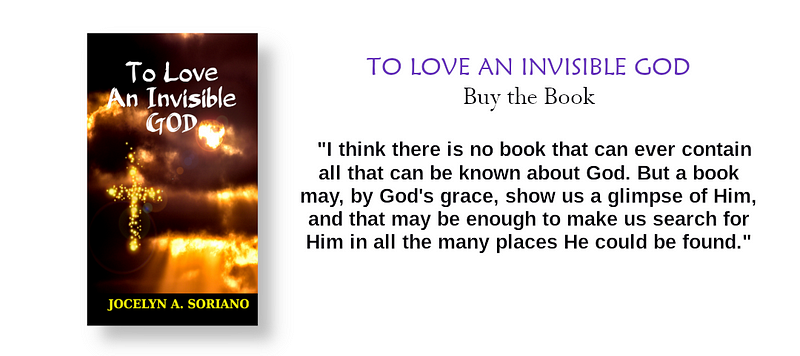Exploring the Divine: Is God the Creator of the Universe?
Written on
The Essence of Existence
In today's world, the apparent divide between faith and science raises significant questions about the origins of the universe. Many Christians assert that God is the creator of everything that has ever begun to exist, yet this belief often faces skepticism in a society that prioritizes scientific explanations.
If we distill the essence of science, it can be viewed as a pursuit of truth—a pursuit that no Christian would oppose. God embodies Truth itself, suggesting that faith and scientific inquiry need not be at odds.
The Principle of First Cause
It is reasonable to consider that anything that begins to exist must have a preceding cause. As Reginald Garrigou LaGrange noted, dismissing a supreme cause is akin to claiming that “a brush will paint by itself provided it has a very long handle.” Christians identify God as the “Uncaused Cause,” the ultimate source of all existence.
Views among atheists and agnostics vary regarding the universe's origins. Some may accept that a non-material cause is possible, but they might not equate it with God. Others maintain that only materialistic explanations are valid. If we adhere to a material perspective, we are left with two primary scenarios: an infinite sequence of material events stretching into the past or a distinct moment when the material universe came into being, as suggested by the Big Bang Theory.
The Genesis of Time
If the Big Bang Theory posits that the universe began in time, does it not align with the Christian belief that God created it at a specific point? Interestingly, this theory was initially proposed by a priest named Georges Lemaître. According to National Geographic’s article “Origins of the universe, explained”:
“The most popular theory of our universe’s origin centers on a cosmic cataclysm unmatched in all of history — the big bang.”
“A Belgian priest named Georges Lemaître first suggested the big bang theory in the 1920s, when he theorized that the universe began from a single primordial atom.”
If the universe originated from such a fundamental element, one might logically question where that element came from. It seems rational to conclude that it was created by an entity existing outside of time and space, someone sufficiently intelligent to orchestrate such a design. Furthermore, if the universe had a beginning, it follows that it is not eternal; thus, how could it have created itself from nothing?
Skeptics may pose the question: “What about God?”

Image by WikiImages from Pixabay
Transcending Time and Space
God exists outside the constraints of time and space; He does not require an explanation for His existence, unlike the universe, which began and thus needs a cause. To illustrate this, consider a computer game that originates from a single file, which, once extracted, creates an entire universe filled with characters, places, and narratives. The game’s creator exists beyond this virtual world, possessing the intelligence to design and execute it.
Skeptics might still question, “Who created the game’s designer?”

Photo by Jeremy Bishop on Unsplash
The Force That Drives the Universe
While we understand that the game developer is a product of human lineage, that detail does not diminish the core analogy. The universe crafted for the game is fundamentally distinct from the creator. Similarly, the material universe is vastly different from God, who brought it into existence.
As Garrigou-Lagrange eloquently states, “The life of God is above the past, the present, and the future; it is measured by the single instant of immobile eternity.” Perhaps our difficulty lies in our inability to comprehend the substance of God.
What could define His essence? I propose that “the substance of God can be understood through Love.”
Maya Angelou beautifully articulated this idea, stating, “I use the word love, not meaning sentimentality, but a condition so strong that it may be that which holds the stars in their heavenly positions and that which causes the blood to flow orderly in our veins.” This definition illustrates how God, synonymous with Love, binds the universe together—Perfect Love.
To understand God more deeply, perhaps we need to explore the nature of love.

Image by Gerd Altmann from Pixabay
The Nature of Love
Love embodies light, goodness, beauty, wisdom, and strength. It creates, moves, empowers, and gives life. If any substance could generate a universe radiant with beauty and vitality, surely it must be love itself.
St. Julian of Norwich reminds us, “All shall be well, all shall be well… For there is a Force of love moving through the universe that holds us fast and will never let us go.”
Jocelyn Soriano, author of “To Love an Invisible God,” invites us to ponder whether it is truly possible to love a God we cannot see, and if that love can parallel the intimacy we share with another person—someone who listens, responds, and knows us more profoundly than anyone else.
